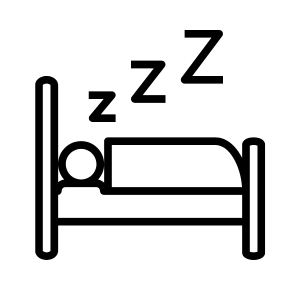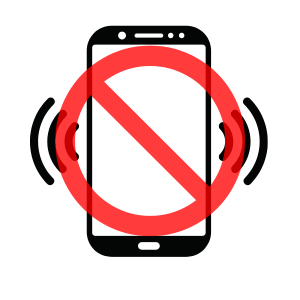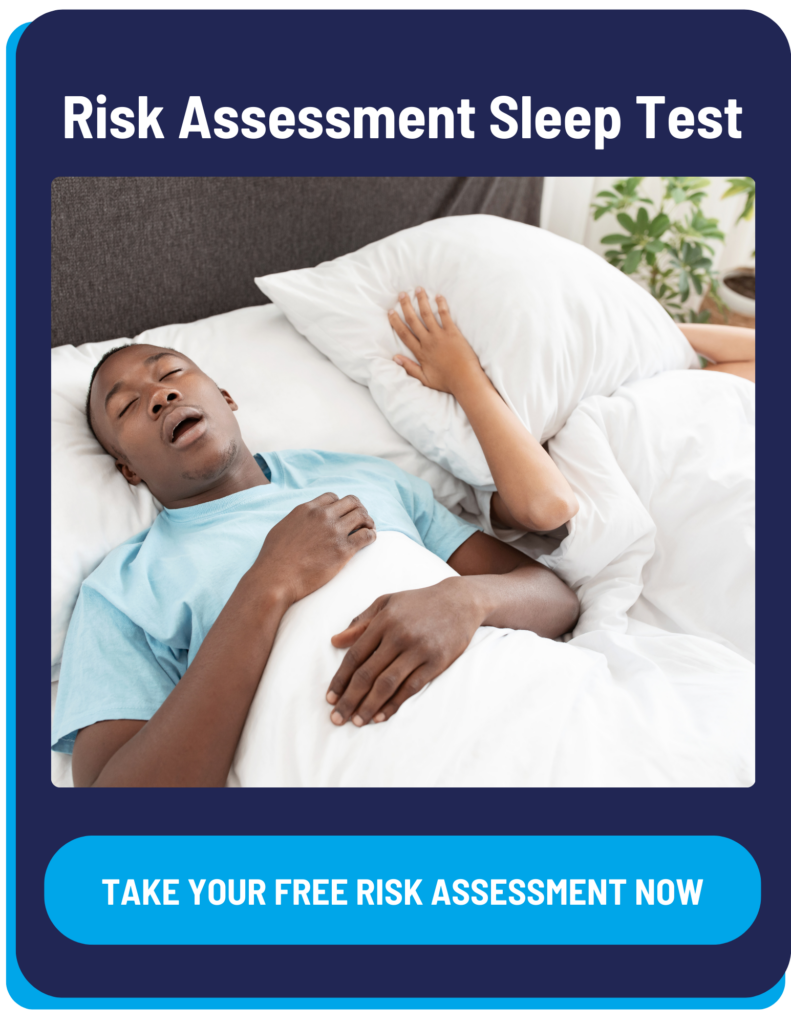Long hours on the road do more than create wear and tear on your truck. As a professional driver, you can become worn out yourself, becoming sleep-deprived driving long hauls to meet tight deadlines. Sleep loss is not only unhealthy, but it can also become dangerous, increasing the risk of driver error, and even increasing the likelihood of falling asleep at the wheel of your big rig.
The Dangers of Sleep-Deprived Truck Drivers
Driving with less than the recommended eight hours of sleep each night is equivalent to driving with an alcohol blood content level of 0.10. As a responsible driver, you can become a hazard to yourself and others on the road due to a lack of sleep. Truck drivers who minimize their sleep to less than six hours are 33% more likely to have an accident compared to rested drivers.
How Does Sleep Loss Affect Truck Drivers?
Distraction. Long interstate hauls can be monotonous. Sleep loss under these conditions allows your mind to wander, which can cause you to take your eyes off the road long enough to end up in a collision.
Reduced reaction time. With reduced sleep, your once immediate responses to steering or braking with an oncoming incident become reduced so you are more likely to make these quick choices too late.
Risk of falling asleep at the wheel. Sleep deprivation can lead to falling asleep while driving, which turns your rig into a heavy and dangerous projectile hurtling down the highway with no one in control.
Forgetfulness and confusion. Professional truck drivers always know where they are going. Sleep deprivation can leave you confused and forgetful, leading to wrong turns or missed exits. Trying to meet your deadlines by missing sleep may lead to even more delays.
Signs of Drowsy Driving
It’s important to be aware of the signs that could indicate you are too tired to drive. Signs of driving drowsy include:
- Yawning frequently
- Excessive blinking or watery eyes
- Veering off the road
- Feeling irritable and restless
- Daydreaming
What Are The FMCSA Sleeping Requirements?
The Federal Motor Carrier Safety Administration (FMCSA) is aware of drowsy driving in the trucking industry and specifies that drivers must not drive longer than 11 hours after being off duty for 10 consecutive hours. However, these regulations are difficult to enforce, and many drivers may push the limits to get their load to their destination on time. If a driver suffers from a sleep disorder like sleep apnea, then the risk can be even more hazardous for both the driver and other motorists on the road.
How Sleep Apnea Affects Drivers
Truck drivers may disregard many of the symptoms of sleep apnea as fatigue due to long hours on the road, but sleep apnea deprives you of sleep on a chronic level that can be far more dangerous for drivers.
Obstructive sleep apnea (OSA) causes the airway to close periodically while you sleep, causing a disruption in breathing that wakes you up throughout the night. These frequent “apneas” can add up to lost sleep.
Symptoms of sleep apnea include:
- Drowsiness during the day, even after waking up
- Morning headaches and dry mouth
- Episodes of gasping for air during sleep
- Loud snoring
- Irritability and poor attention during your waking hours
Safety Tips for Truck Drivers to Stay Awake and Focus


Select the right music. Listening to your favorite music while driving can help your brain stay awake without distracting you. Other options, like podcasts, could become too distracting.
Gain knowledge of the route. Look up the route you are taking before you leave. Also, putting it into your navigation system will also keep you from getting lost while you are on the road. If you are unsure where you are going, this will actually stress you out and could make you tired.


Take breaks whenever needed. Taking breaks from driving to reset and refresh is highly beneficial when driving long distances. Pull over for a few minutes to relax your mind and refocus your brain. Eating something while on your break is also recommended.

Keep calm and remain focused. Managing energy and emotions will allow for a safe and peaceful ride as truck drivers. Focus on staying safe while driving and do not let other emotions take over.
DOT Sleep Apnea Test Requirements
During the DOT (Department of Transportation) mandatory physical, doctors will look at indicators that increase the likelihood of sleep apnea including your age, your weight, and the width of your neck. If you meet any of the above criteria, the doctor performing the DOT physical may recommend that you be tested for sleep apnea. Learn more about DOT requirements for truck drivers in this blog post.
How Drivers Can Get Tested For Sleep Apnea
Truck drivers may fear that a sleep apnea diagnosis means losing their license. But if drivers get proper treatment and stay compliant with their treatment, they can continue driving without worry. For their own safety and the safety of others on the road, it is important for drivers to get a diagnosis if they experience any of the symptoms of sleep apnea.
Home sleep apnea tests are easy with Sleep Care Online. Sleep Care Online is a safe and affordable way to get tested for sleep apnea in the comfort of your own home. Here’s how it works:
- With the Complete Care Package, schedule a 10-minute telehealth visit with a healthcare provider to discuss symptoms, upcoming sleep study, test results, and discuss treatment options.
- A multi-night, disposable home sleep apnea test is mailed to your home to be completed at your convenience.
- A physician analyzes the sleep data and provides a prescription if needed.
- Schedule an optional follow-up appointment (additional fee applies).
- We connect you to sleep experts who can offer customized sleep therapy options, assistance in equipment purchase, and initial set-up.





